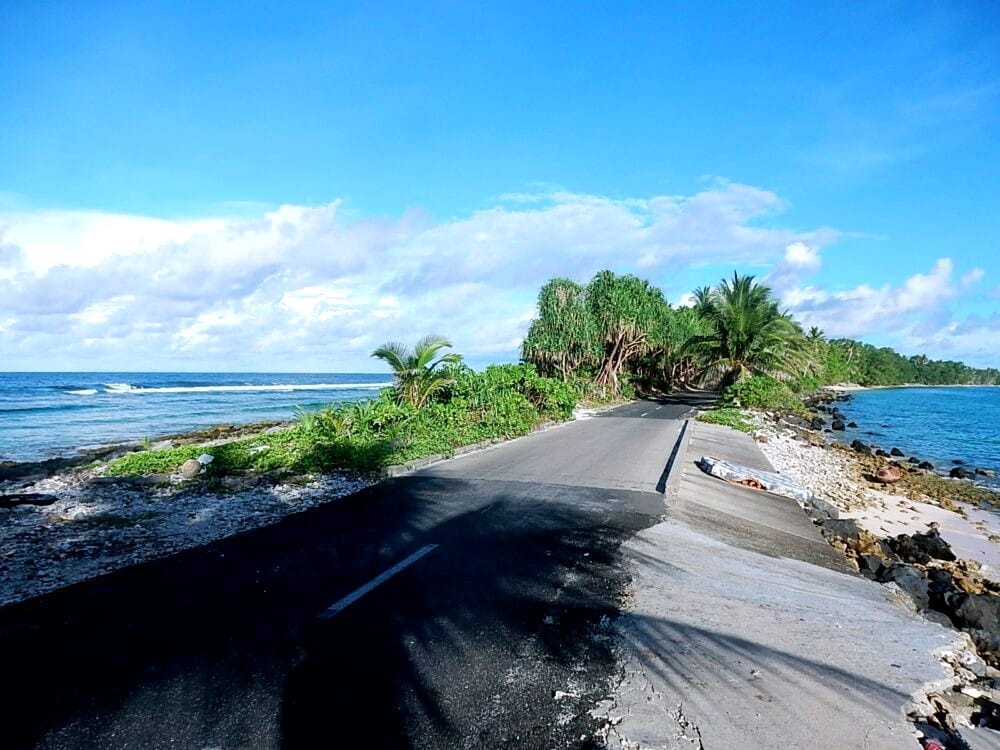WASHINGTON (AN) — Drought linked to global warming is a security threat to the African continent and Mediterranean region including Europe, U.N. Secretary-General António Guterres said.
On a trip to the South Pacific, where sea level rise is fast eroding small islands, Guterres drew attention on Wednesday to the global climate crisis that he calls his topmost priority. He sought to build momentum for deeper cuts to atmospheric heat-trapping carbon emissions globally, saying the challenge is increasingly a security matter for countries.







